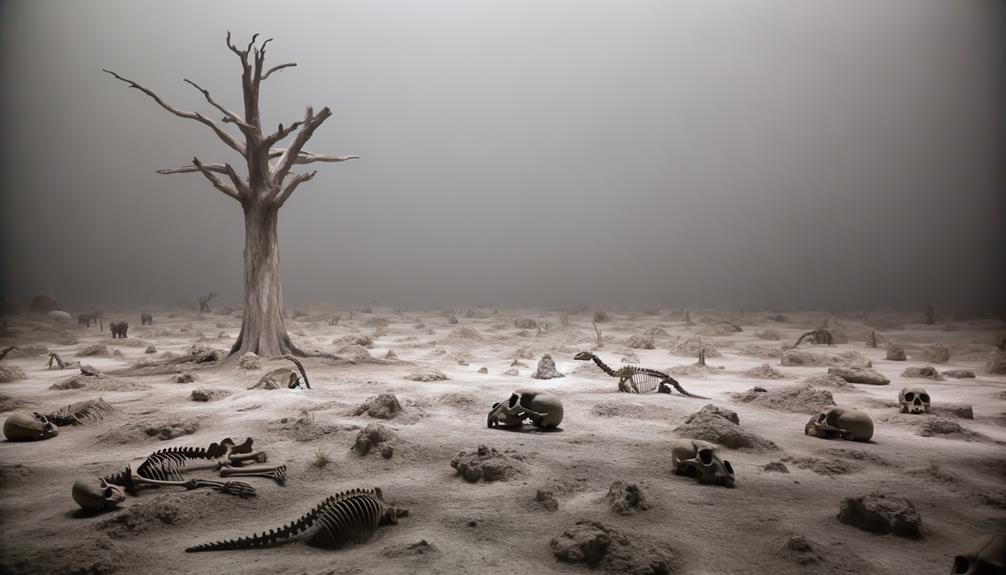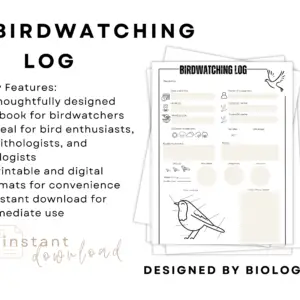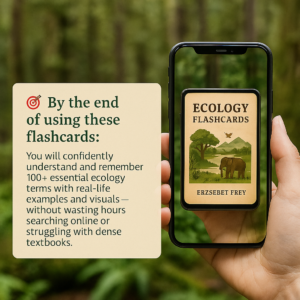Biodiversity loss poses the most significant and existential threat to human existence, eclipsing even climate change in its potential to destabilize the delicate balance of the planet’s ecosystems. The natural world provides numerous benefits, including clean air and water, and inspires the human spirit. Preserving nature is crucial for maintaining ecological balance and supporting human life. The loss of biodiversity is a significant threat to human existence, and immediate, collective action is imperative to mitigate its catastrophic consequences. As the urgency of conservation becomes clear, the path forward becomes illuminated, leading us to explore the interconnected solutions that can safeguard a thriving planet for all species.
The Value of Nature
Nature, the fabric that underpins the very essence of human existence, is essential for human well-being and survival, providing numerous benefits, including clean air and water, and inspiring the human spirit.
The natural world provides a multitude of benefits, including habitats and ecosystems that support millions of species.
Preserving nature is vital for maintaining ecological balance and supporting human life.
The loss of biodiversity is a significant threat to human existence, comparable to the loss of bacterial diversity in the human gut, leading to sickness.
Places of high biodiversity have a profound impact on the human mind and being, providing hope and energy.
Regeneration, rewilding, and protection of biodiversity can create essential carbon sinks.
It is essential to recognize the value of nature and take action to preserve it for future generations.
Healing Power of the Wild
Spending time in nature has a profound impact on human health and well-being, with documented physical benefits of cold-water immersion and other health benefits being studied.
The natural world has the power to inspire and uplift human spirits, providing hope and energy.
Doctors in many countries can prescribe time in nature as medicine, recognizing its healing properties.
Paying attention to the wilderness, including trees, animals, and insects, is essential for healing and learning the language of tracking.
This language of tracking is one of freedom, play, connection, and empathy.
Nature has the power to wake people up, giving them hope and energy to experience life with joy and liveliness.
The natural world has the power to heal and awaken people, giving them hope and energy to experience life with joy and liveliness.
Indigenous Wisdom Matters
As the guardians of 80% of the remaining biodiversity on the planet, Indigenous people possess a profound understanding of the natural world, garnered from centuries of living in harmony with the land.
Their wisdom is essential for healing the damaged biosphere and should be at the center of global discussions and policies. The long history of Indigenous people’s success with biodiversity reveals the importance of their wisdom in conservation programs.
All creatures on Earth will benefit from placing Indigenous wisdom at the forefront of conservation efforts.
It is vital to acknowledge the exploitation and marginalization of Indigenous people and address these injustices.
By doing so, we can tap into the potential of Indigenous wisdom to drive positive change in nature conservation. By centering Indigenous wisdom, we can develop more effective conservation strategies that prioritize the well-being of both humans and the environment.
This approach recognizes the intricate relationships between humans, nature, and biodiversity, ultimately leading to a more sustainable future.
Protecting the Planet’s Future
Protecting the planet’s future hinges on our ability to adopt a holistic approach to conservation, one that prioritizes biodiversity, ecological integrity, and the well-being of all species, including humans.
This requires a paradigm shift in our relationship with nature, recognizing the intrinsic value of ecosystems and the interconnectedness of all living beings.
By preserving natural habitats and promoting ecological balance, we can mitigate the devastating effects of biodiversity loss and climate change.
Conservation efforts must be collective and inclusive, involving indigenous communities, scientists, policymakers, and local stakeholders.
We must prioritize regenerative practices, rewilding, and the protection of biodiversity hotspots.
Storytelling and awareness-raising initiatives can inspire individuals to take action, while education and research can inform evidence-based conservation strategies.
By working together, we can safeguard the planet’s future and foster a thriving, resilient ecosystem for generations to come.
The time to act is now, and our collective response will determine the fate of our planet.
The Urgency of Conservation
The catastrophic consequences of biodiversity loss, coupled with the escalating climate crisis, underscore the imperative need for immediate, collective action to conserve and restore the natural world.
The urgency of conservation cannot be overstated, as the collapse of biodiversity will have devastating repercussions, even if carbon emissions are reduced and the environment is cleaned up.
It is essential to recognize that planetary biodiversity is the immune system of the Earth, and its collapse will lead to catastrophe.
Conservation efforts are essential to protect endangered species, preserve natural habitats, and maintain ecological balance.
The natural world provides numerous benefits, including clean air and water, and its preservation is fundamental for human well-being and survival.
Indigenous wisdom, which has successfully protected 80% of the remaining biodiversity, must be at the forefront of global discussions and policies.
The time for action is now, and collective efforts are necessary to safeguard a sustainable future.
Taking Action for Biodiversity
By recognizing the imperative need for immediate action to conserve and restore the natural world, individuals can make a tangible impact on preserving biodiversity.
Taking action for biodiversity requires a collective effort from individuals, organizations, and governments.
It begins with staying informed about the latest conservation efforts and staying up-to-date on the latest research and findings. Signing up for newsletters and publications can provide valuable insights and updates, inspiring individuals to take action and make a difference.
Supporting organizations that prioritize biodiversity conservation and regeneration can have a significant impact. Moreover, making conscious lifestyle choices, such as reducing carbon footprint and plastic use, can contribute to preserving natural habitats and ecosystems.
By taking action, individuals can make a tangible difference in preserving biodiversity, ultimately ensuring a sustainable future for the planet.
It is essential to recognize the urgency of conservation and take immediate action to protect the natural world, as the collapse of biodiversity will have catastrophic consequences.

Erzsebet Frey (Eli Frey) is an ecologist and online entrepreneur with a Master of Science in Ecology from the University of Belgrade. Originally from Serbia, she has lived in Sri Lanka since 2017. Eli has worked internationally in countries like Oman, Brazil, Germany, and Sri Lanka. In 2018, she expanded into SEO and blogging, completing courses from UC Davis and Edinburgh. Eli has founded multiple websites focused on biology, ecology, environmental science, sustainable and simple living, and outdoor activities. She enjoys creating nature and simple living videos on YouTube and participates in speleology, diving, and hiking.
- WILDLIFE THEMED T-SHIRTS
Cute Hedgehog Embroidered: Love Wildlife, Protect Nature Wildlife conservation tees
$35.00







